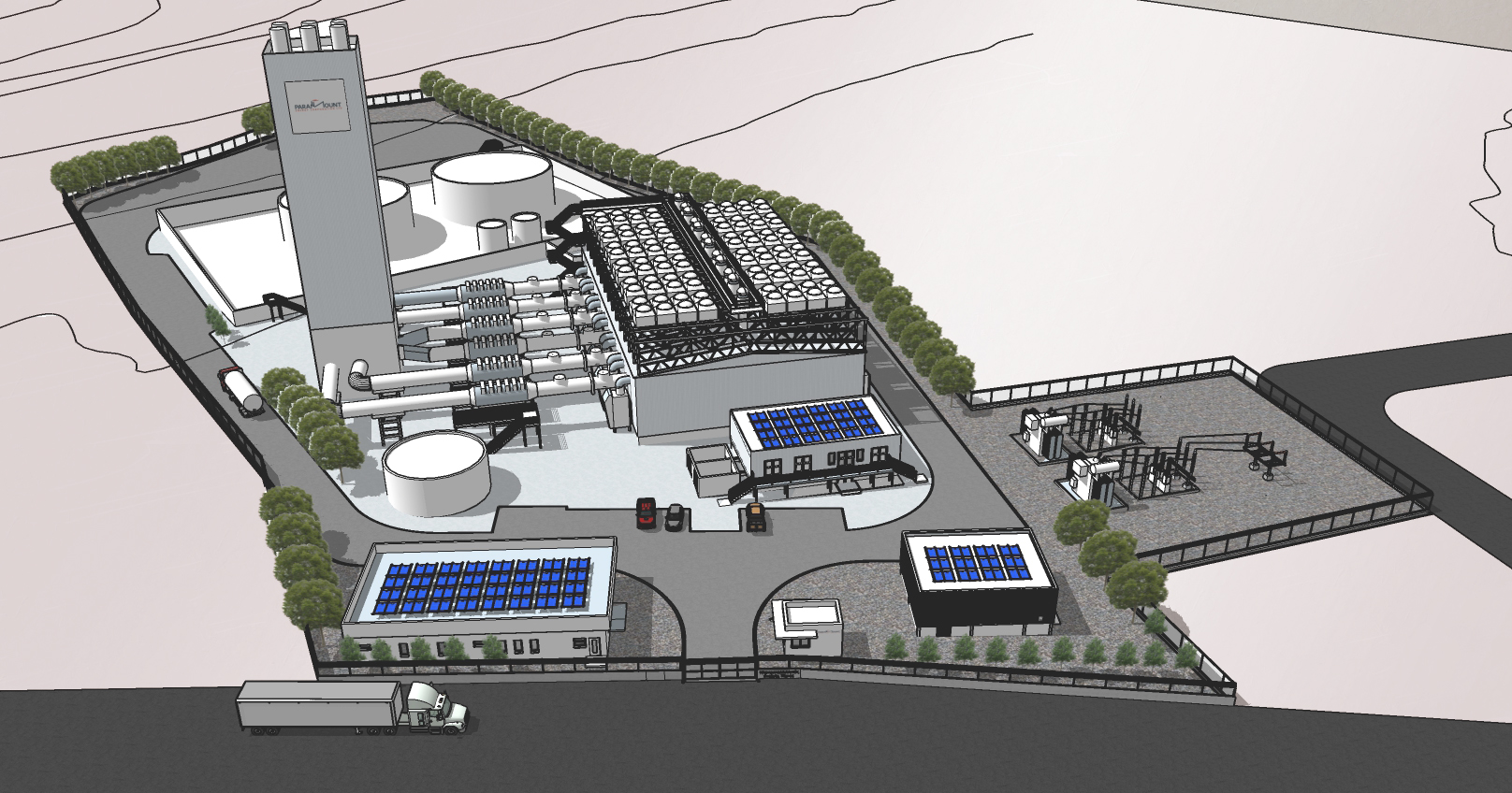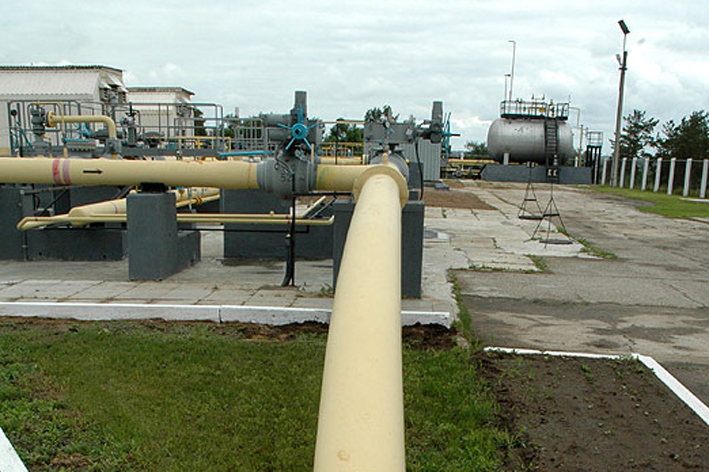A long-awaited private natural gas power plant, adding to Cyprus’ energy capacity and helping to reduce CO2 emissions, is expected to be greenlighted after long delays.
Larnaca District Officer, Odysseas Hadjistefanou, said the power plant, owned by Paramount Energy Corporation Ltd, will soon be given the final go-ahead, according to Philenews online.
The planning permission for the 105 MW plant was secured at the end of 2021, but local authorities still needed to give the go-ahead to provide the necessary building permits.
Hadjistefanou attributed the delay to the “necessary vetting procedures of various government agencies, including the environment department”.
He argued there had been no delay on behalf of local authorities as the green light from the environment department was only given in November.
Hadjistefanou said the building permit would be issued promptly.
Paramount Energy reached out to authorities expressing concern that the delay will seriously diminish the project’s prospects.
In a letter to the authorities at the end of December, including the Interior and Energy ministers, and the Cyprus Energy Regulatory Authority (CERA), the company said the delay would entail increased construction costs.
Paramount also noted that international financiers were getting jittery while awaiting final cost calculations, and the final delivery date was pushed back.
“Cyprus is expected to be faced with a serious energy production problem in the coming years, beginning next summer, and therefore the project is of critical importance to the island,” added the letter.
“The delay is unjustified, particularly in light of the unprecedented energy crisis prevailing throughout Europe with the resultant price hikes”.
The 105 MW project was included in the revised master plan for Vasiliko and the 2023-2032 transmission system development program.
The plant to be built in Tochni is expected to secure the country’s power generation mix, ensuring its sufficiency, stability, and uninterrupted network operation.
It will produce energy by using six multi-fuel internal combustion engines. The primary fuel will be natural gas, with a maximum installed power of 109.9 MW.
Diesel will be used as a backup in case of interruptions to supply. When turbines run on diesel, the plant’s capacity will drop to 102.6 MW.
The maximum installed power will be 109.9 MW when the fuel used is natural gas, the station’s planned primary fuel, and 102.6 MW when diesel is used as a backup.
Diesel will only be used in exceptional cases, in the event of a natural gas supply interruption.
According to plans, the power plant will not launch operations until a continuous flow of natural gas to the premises is secured.










